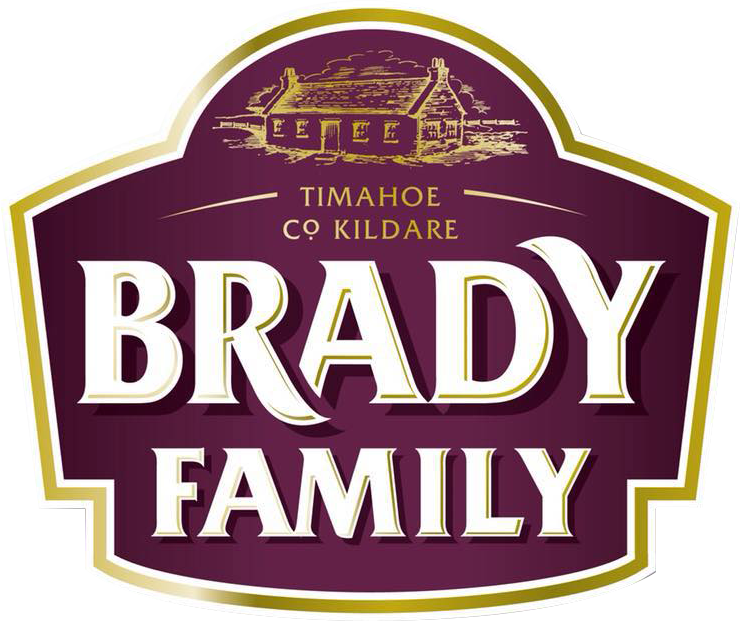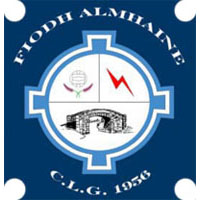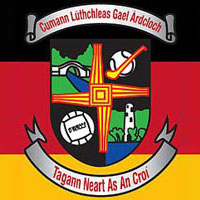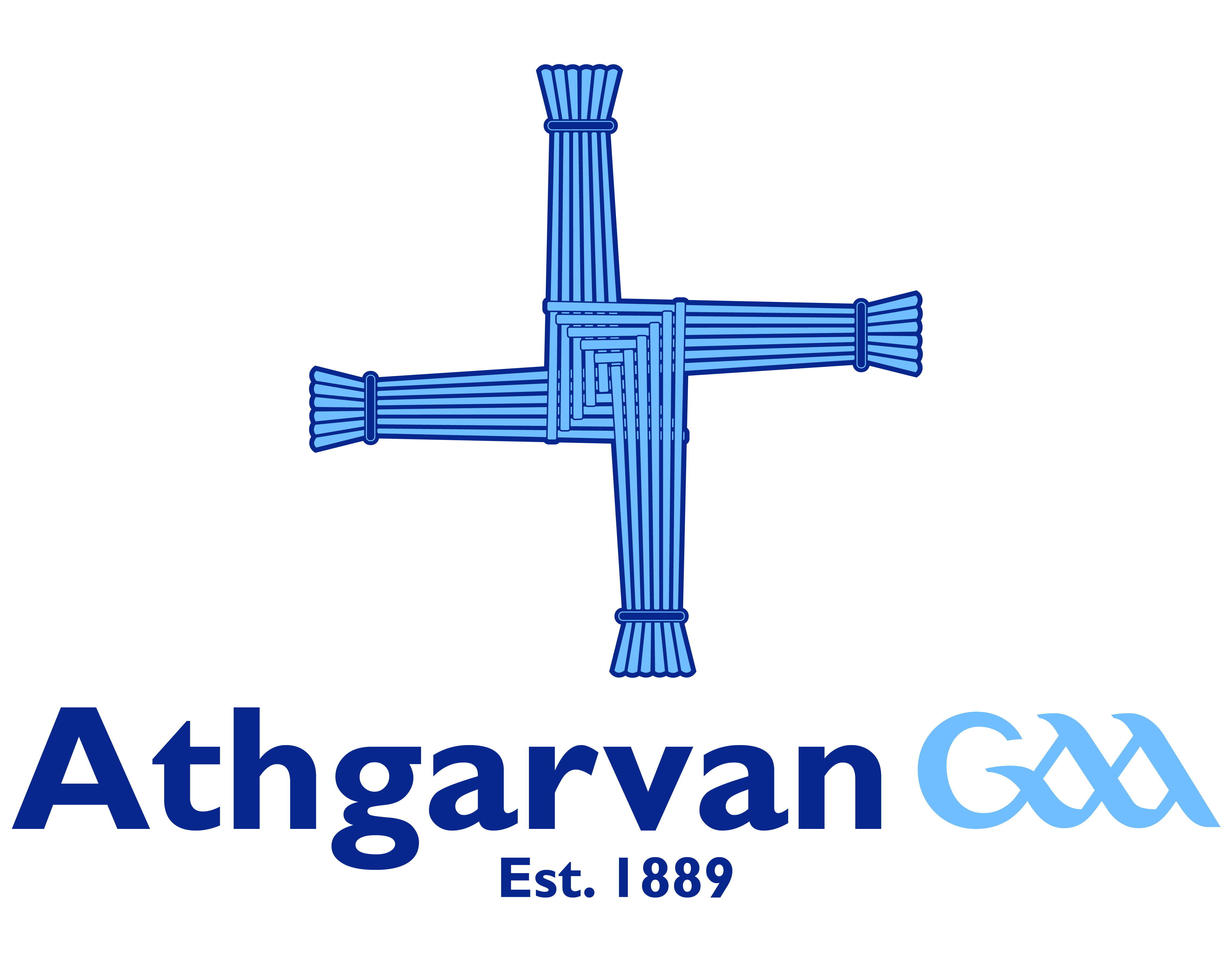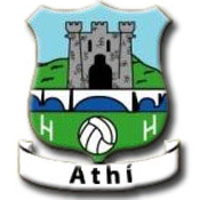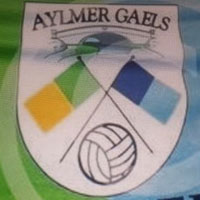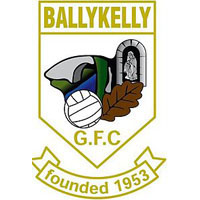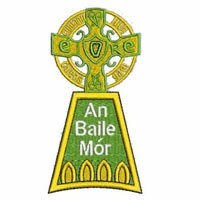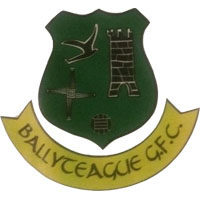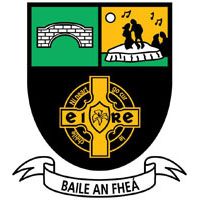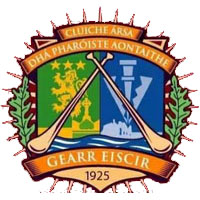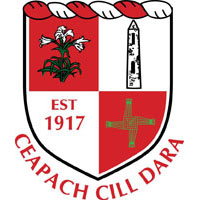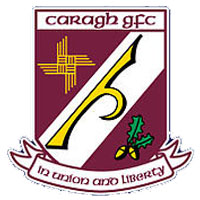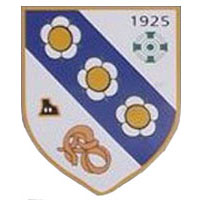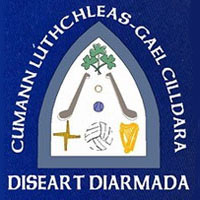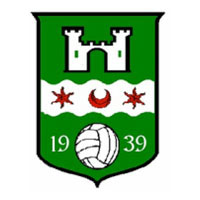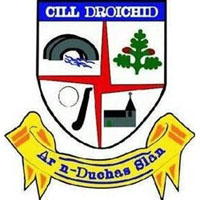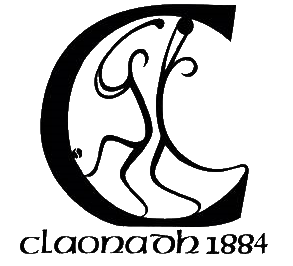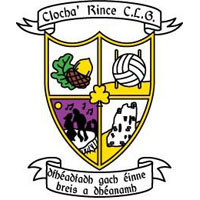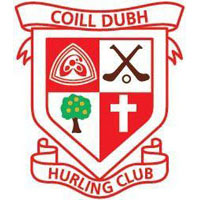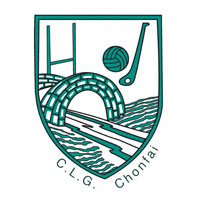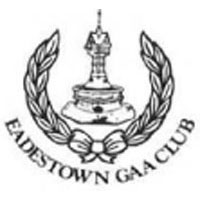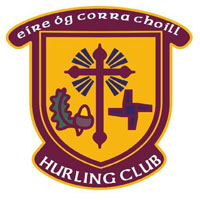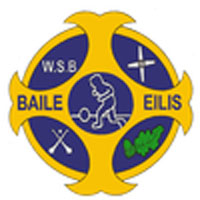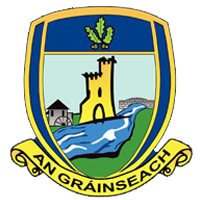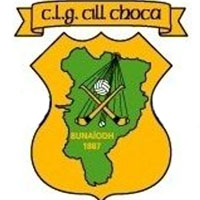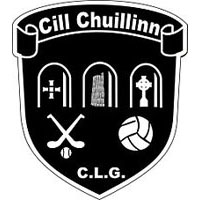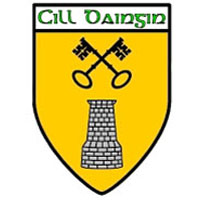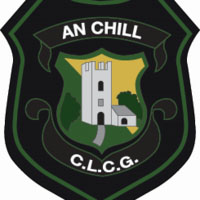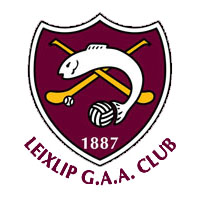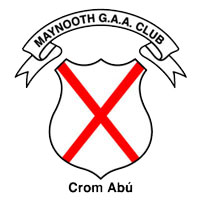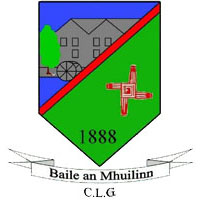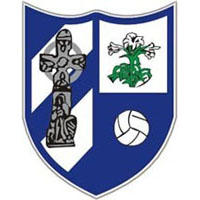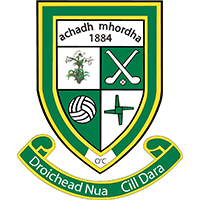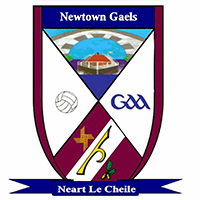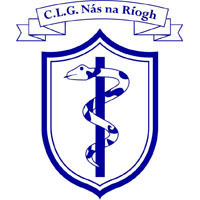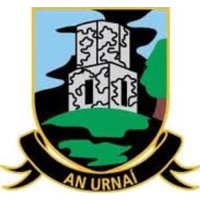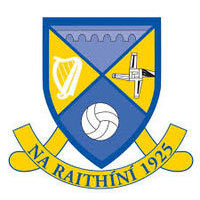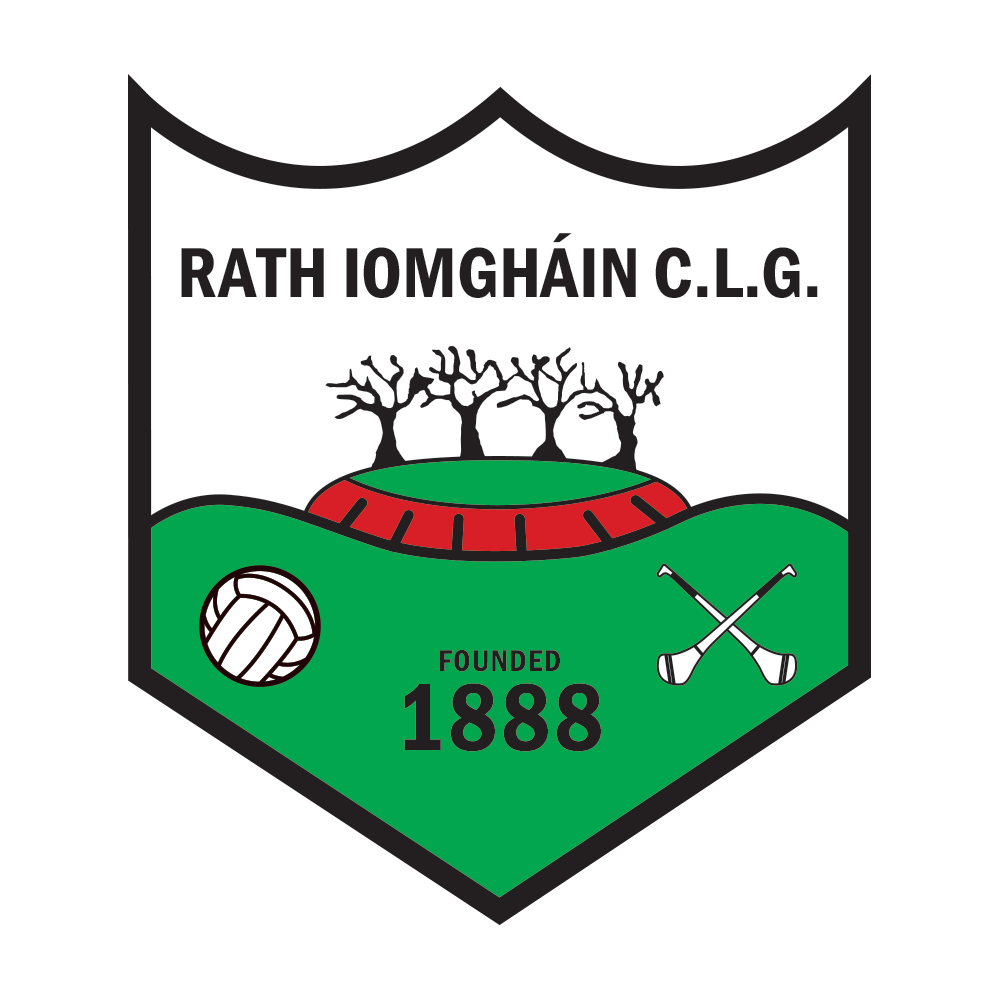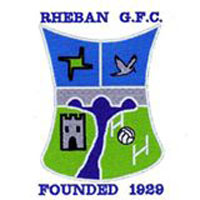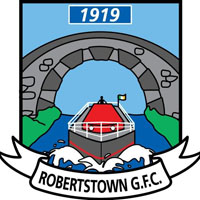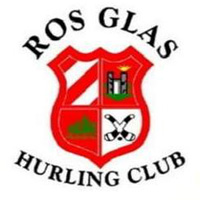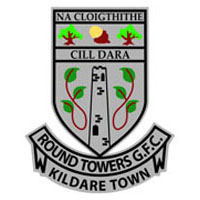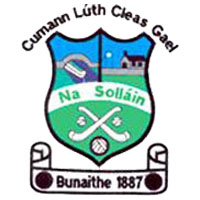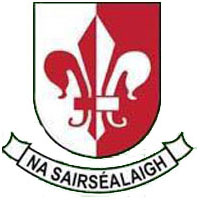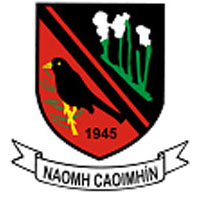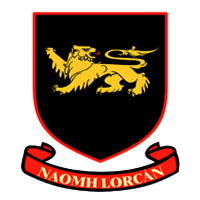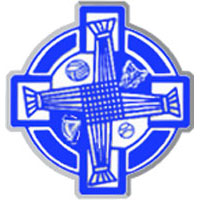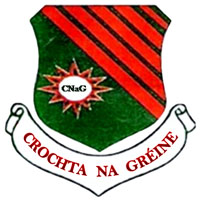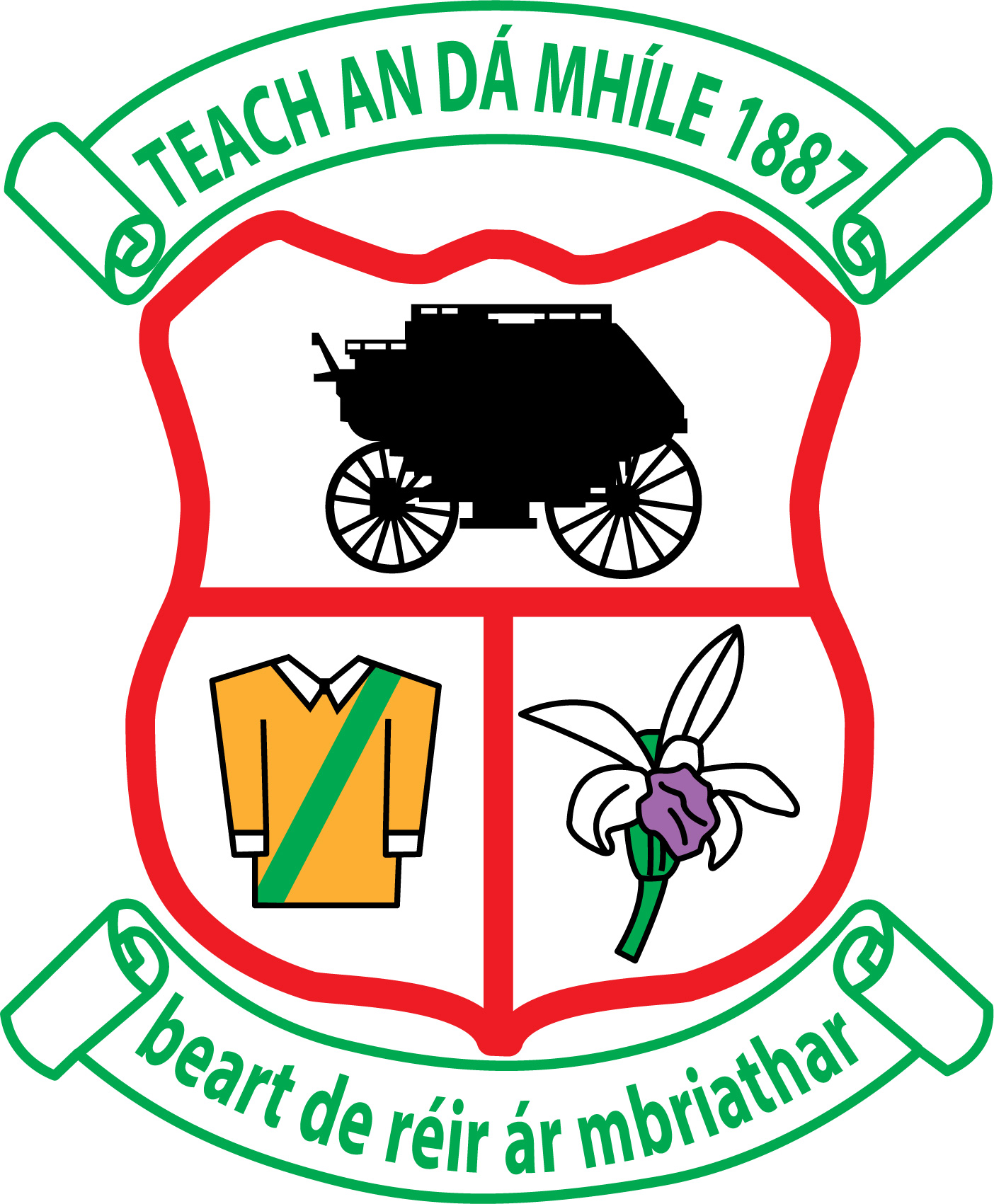
A Chairde,
Below is this week’s “Bits & Bytes” along with an article on John Wyse Power who was in attendance the founding meeting of the Association.
-
The Kildare Minor and Under 20 Hurling Training Squads are embarking on a 12-hour virtual run from Mizen to Malin Head and back to the home of Kildare GAA in St Conleth’s Park Newbridge tomorrow. The monies raised from this 840km virtual run will be shared between Barretstown Children’s Charity and the training budget for both squads. A Go Fund Me page has been established for all personal and corporate donations. We appreciate your assistance. https://www.gofundme.com/f/mizen-to-malin-to-newbridge-minor-u20-hurlers
-
Kildare GAA Coaching and Games are seeking applications for coaching rolesin hurling & football for this year’s Kellogg’s GAA Cúl Camps. Kellogg’s Cúl Camps will be held throughout the county during the months of July & August. Requirements: All applicants must be over the age of 18 years & have proven experience in a GAA coaching role. To request an application email: murphy.gda.kildare@gaa.ie
-
In support of the new National GAA “Be Ready to Play” program, Kildare GAA hosted the first of their webinar series. A coach practical workshop will take place @ 8pm this evening and it’s not too late to register:https://forms.office.com/r/ZtBXLuA8ju
-
The GAA this week advised that they have not decided on what competitions may or may not be facilitated in any revised national fixture programme for 2021. Further communication on same will be issued after the Government publishes its roadmap next week.
-
In view of the ongoing Covid situation the GAA has temporarily set aside the standard membership deadline of March 31 for 2021. A new date will be advised well in advance of clubs returning to training and playing.
-
Given that no activity has been possible for January to March 2021 a further two-month extension of Injury Fund cover has been ratified by Coiste Bainistíochta. This will now take the 2020 cover term up until 31 May 2021. Clubs do not need to register or pay for their 2021 teams until re-invited to do so.
-
The new National Suicide Bereavement Support was launched this week. The guide provides vital Liason Support contact details along with a “You are not alone” information document. This service is funded by HSE and delivered by Pieta. Any individual is welcome to make contact with the Liaison Service.
-
Leinster Council have requested that all Clubs in Leinster complete a Health & Safety Inspection within your club. Kildare GAA are requesting that this audit be completed on a quarterly basis which will help clubs keep track of any works that needs addressing. A copy of your Club’s audit must be completed and returned to developmentofficer.kildare@gaa.ie no later than April 5th.
-
The results after the third week of the Joe Mallon Motors “MallonMovement” Challengewere released this morning. Moorefield are the new leaders with Cappagh and Sarsfields in 2nd and 3rd Keep up clocking up those steps!!!
-
To mark the launch of Phase 1 of the GAA Green Club Programme and National Tree Week, the Easy Treesie – Crann Project (www.easytreesie.com) supported by Coillte (www.coillte.ie) and Trees on the Land (www.treesontheland.com) will provide GAA, Camogie and LGFA clubs with 45,000 native tree saplings, which due to current restrictions on access to Club grounds will be distributed to selected Clubs at the beginning of the next planting season in November.
-
Webinars on how to use Foireann will take place next Monday & Wednesday @ 8pm. Pre-registration is required via the below URL: https://forms.office.com/Pages/ResponsePage.aspx?id=hrxFrNSvpUKfwz6H4bd_zkMBbboVayVBmRHxYVDWS4BUMDZVTFdTRTVCMVhVWVFXT0dQUkdNRlpPNy4u
Leinster Leader Editor was one of Seven Men who founded the GAA in 1884
Seven Men Proclaim Irish Freedom in 1916
Sixteen years before the end of the 19th century seven men met in the billiard room of Miss Hayes’s Commercial Hotel in Thurles, Co Tipperary on 1 November 1884. On that day, the GAA was founded. Michael Cusack who issued the invitation to many others to attend was joined in that meeting by Maurice Davin, John McKay, John Wyse Power (then editor of the Leinster Leader), Joseph O’Ryan, J. K. Bracken and Thomas St. George McCarthy.
Eoghan Corry, in his Centenary History of the GAA in Kildare, tells us that “Wyse Power was there as a journalist, and IRB nationalist, and a man extremely interested in athletics, rather than football or hurling”.
Sixteen years into the 20th century seven men signed the Proclamation and proclaimed Irish freedom at the GPO in Dublin on Monday 24 April 1916. Wyse Power was an ardent supporter of Charles Stewart Parnell after whom he named his youngest son, Charles Stewart Wyse Power.
John Wyse Power and his Kildare Connection
The name of John Wyse Power and the contribution he made to the GAA, to Irish history and to Naas may not be very well known. Born in Waterford in 1859, he was editor of the Leinster Leader from June of 1883 to late 1884 when he moved to the Freeman’s Journal.
The Wicklow town of Baltinglass was to feature in his life for two reasons: first, his introduction to Kildare was by way of imprisonment in Naas jail from late 1881 to March 1882 for protesting landlordism in Baltinglass and, later, his marriage to Jennie O’Toole from that town on 5 July 1883.
Liam Kenny, local historian, records in his regular Leader feature on 25 March 2010, ‘Nothing New Under the Sun’, that Jennie, in a rare role reversal in a male dominated world, was to surpass the status of her husband as an activist and leader across an array of nationalist organisations’.
He was the official GAA athletics handicapper for several years and was involved in athletics until his death.
Wyse Power served as Honorary Secretary of the GAA (1884-1887) and was the first Cathaoirleach of Dublin County Board. He had a lifelong involvement in nationalist politics, was a Fenian, joined the Irish Parliamentary Party, and was a loyal supporter of Charles Stewart Parnell after whom he named his youngest son, Charles Stewart Wyse Power. He died on 29 May 1926 and is buried in Glasnevin Cemetery.
A fitting tribute to his memory is recorded on a commemorative plaque at the Leinster Leader building on South Main Street, Naas.



